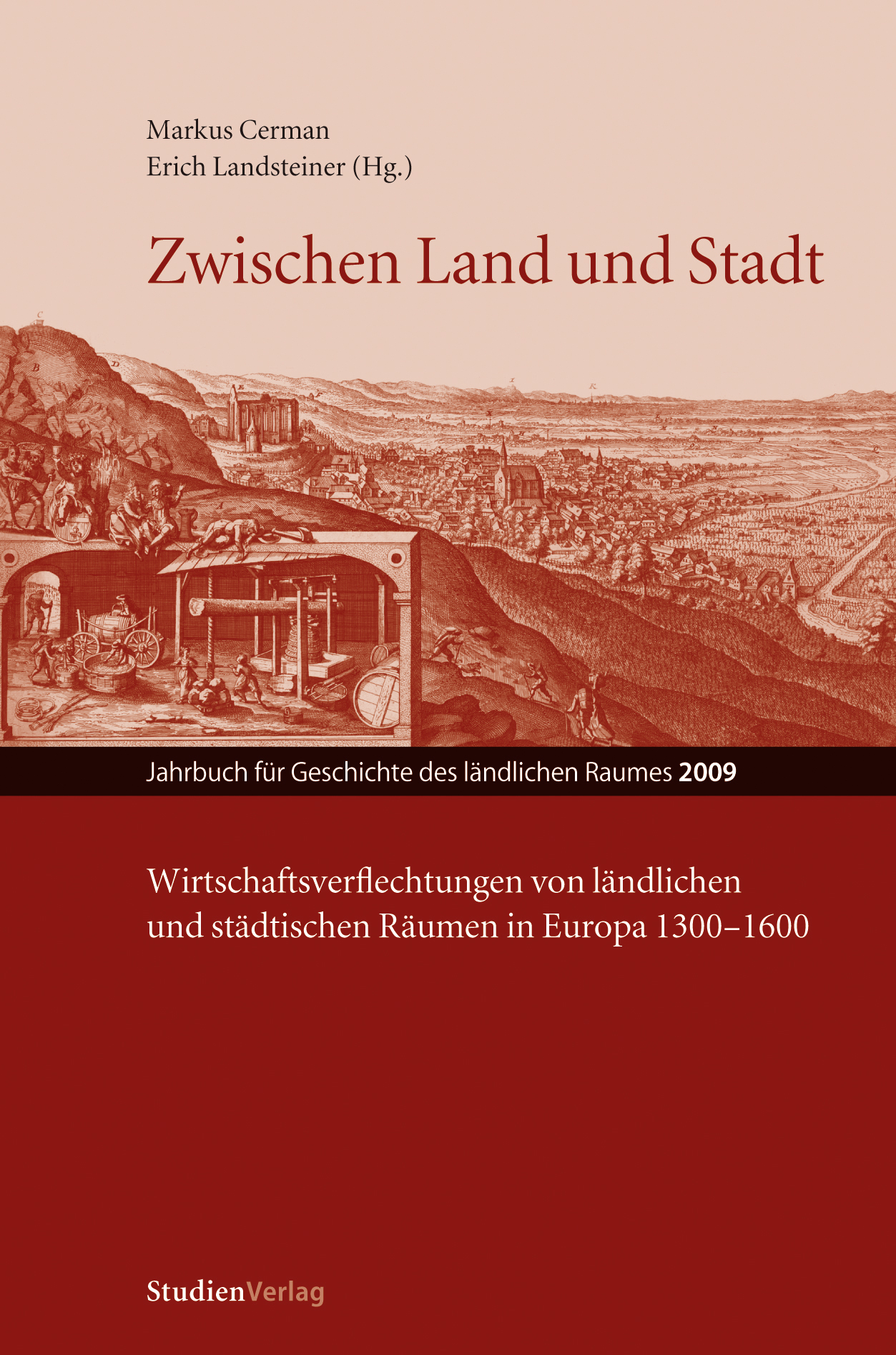Landwirtschaftliche Spezialisierung in der spätmittelalterlichen Nordostschweiz
DOI:
https://doi.org/10.25365/rhy-2009-9Abstract
For some time, agrarian history has investigated agricultural specialisation. Yet, specialisation is mostly analysed with regard to larger geographical contexts such as entire countries or provinces. This contribution deals with the rise and consequences of agricultural specialisation for a smaller, regional context, which is north-eastern Switzerland. On the basis of written documents on peasant rents, the co-existence of three different agricultural zones can be identified from at least the fifteenth century onwards: the St. Galler Fürstenland, dominated by arable agriculture, the sub-alpine and alpine Appenzellerland and Toggenburg with animal husbandry, and the Rhine valley with viticulture. Thus, towards the end of the fifteenth century, the town hinterland consisted of three different agricultural regions, which were organised complementarily, and by a division of labour. St. Gallen formed the centre of these regions. The agricultural specialisation was not primarily caused by environmental conditions. Town demand was more important to stimulate specialisation. St. Gallen, which was the largest town and the prevalent market place of the area, acted as an intermediary between these three agricultural zones. A direct influence of the town can be illustrated by the case of the Heiliggeistspital, the largest town institution equipped with landed property in the hinterland. The hospital offered credit for farms engaging in animal husbandry and provided grain and smaller sums of money for the peasants engaged in viticulture, which was practiced in almost pure monoculture. In order to pay back these credits, peasant farmers in turn provided cattle and wine for the hospital. This arrangement caused strong economic dependency of the agricultural producers on their town creditors.


